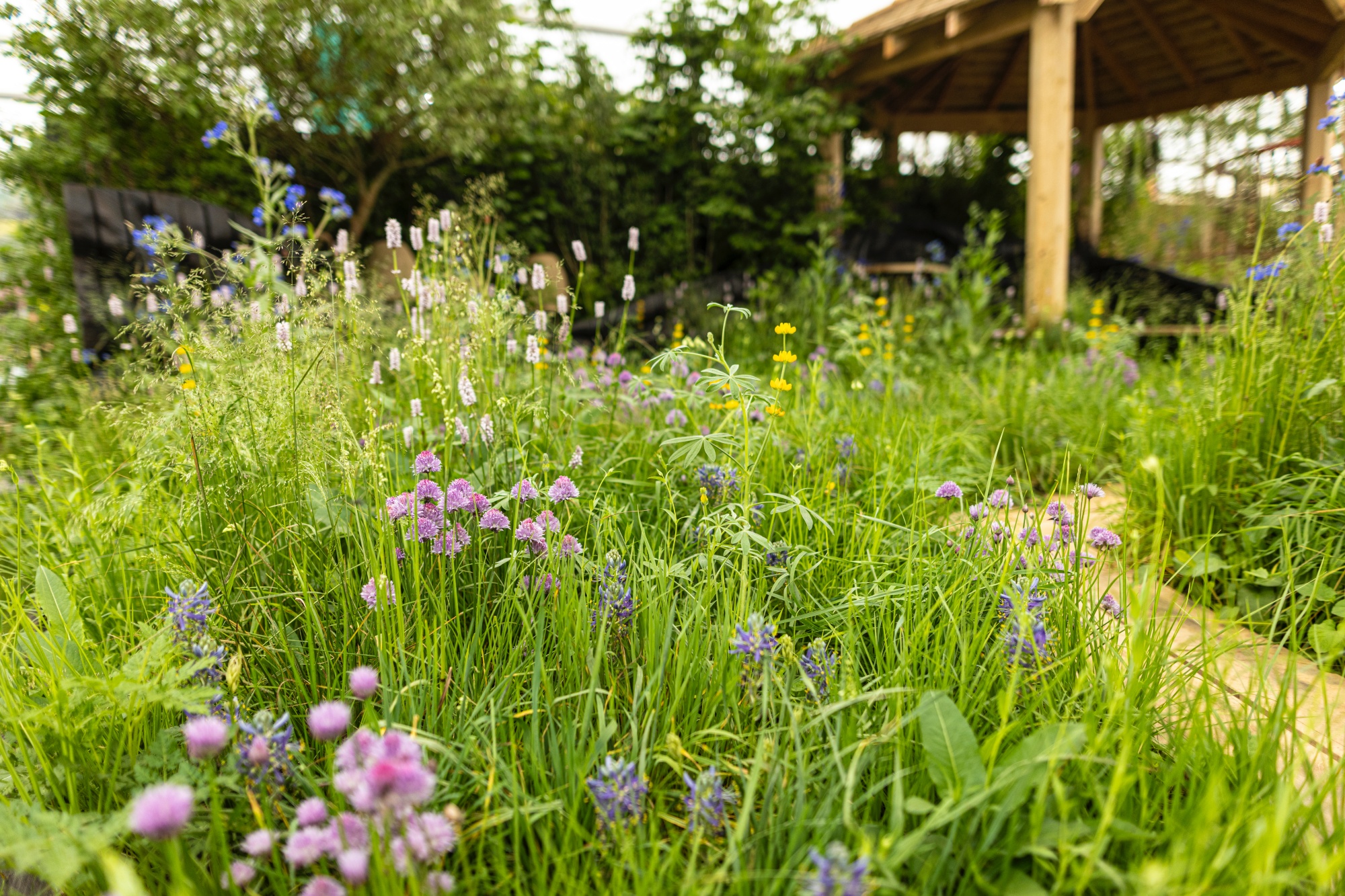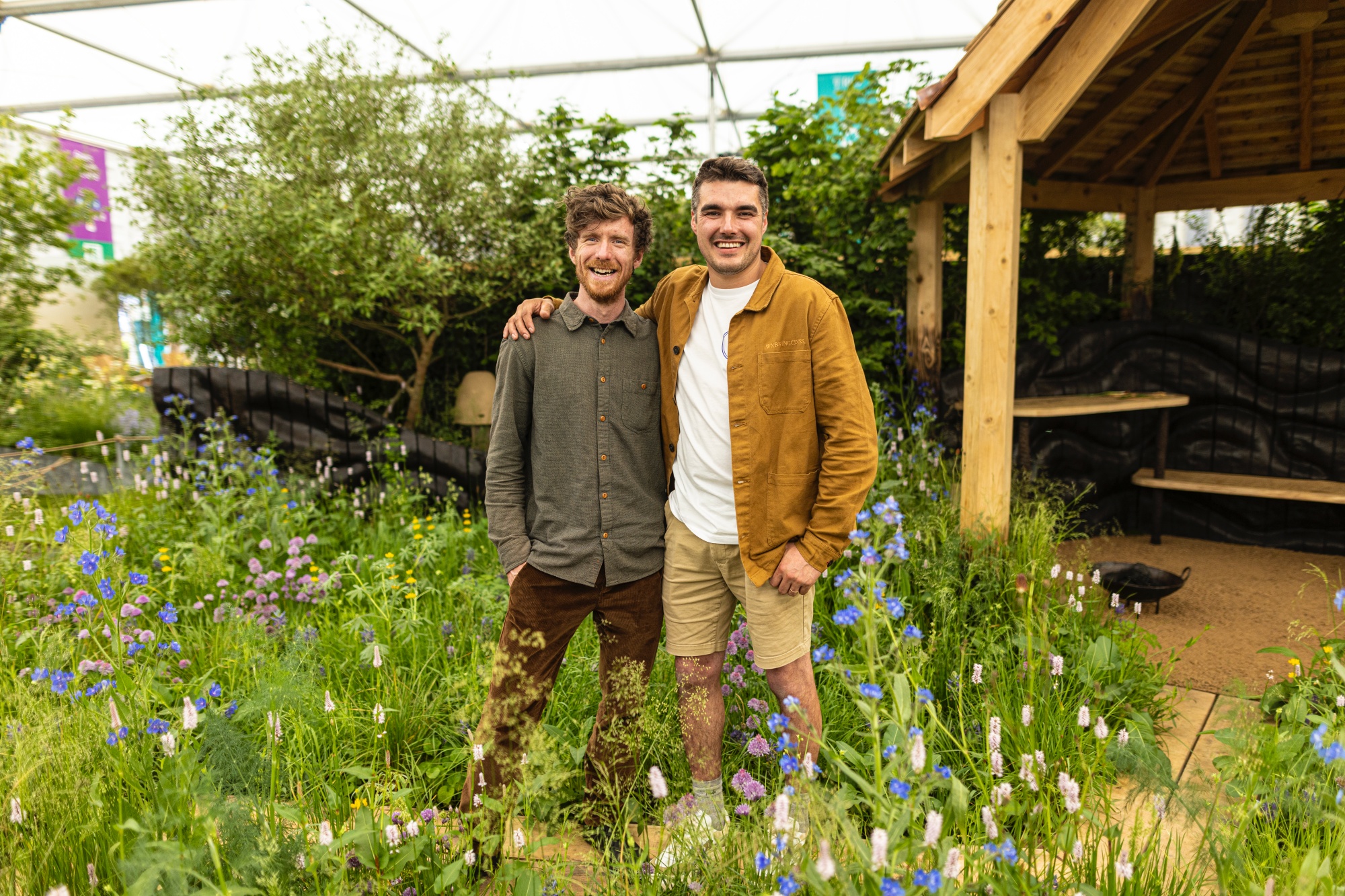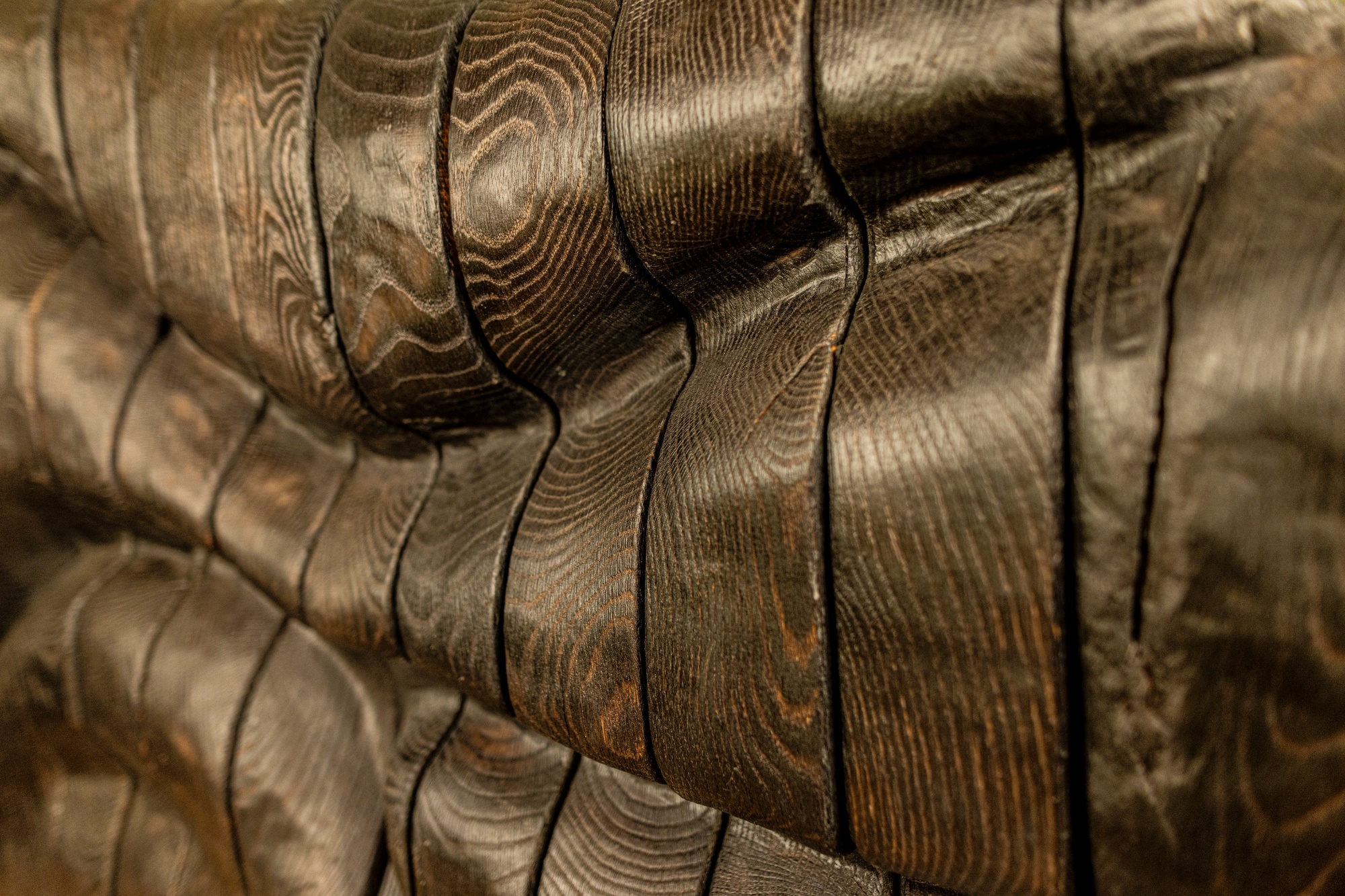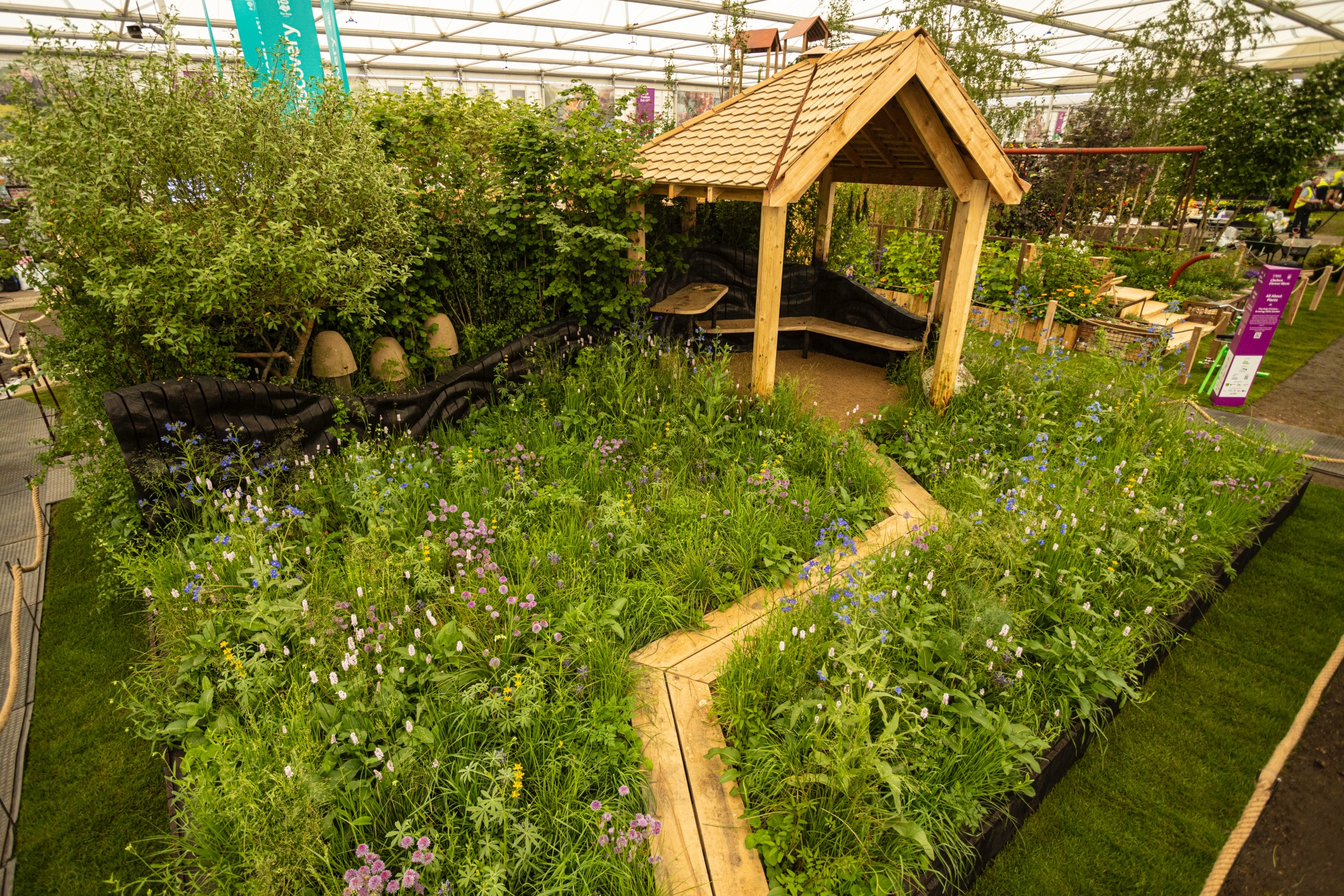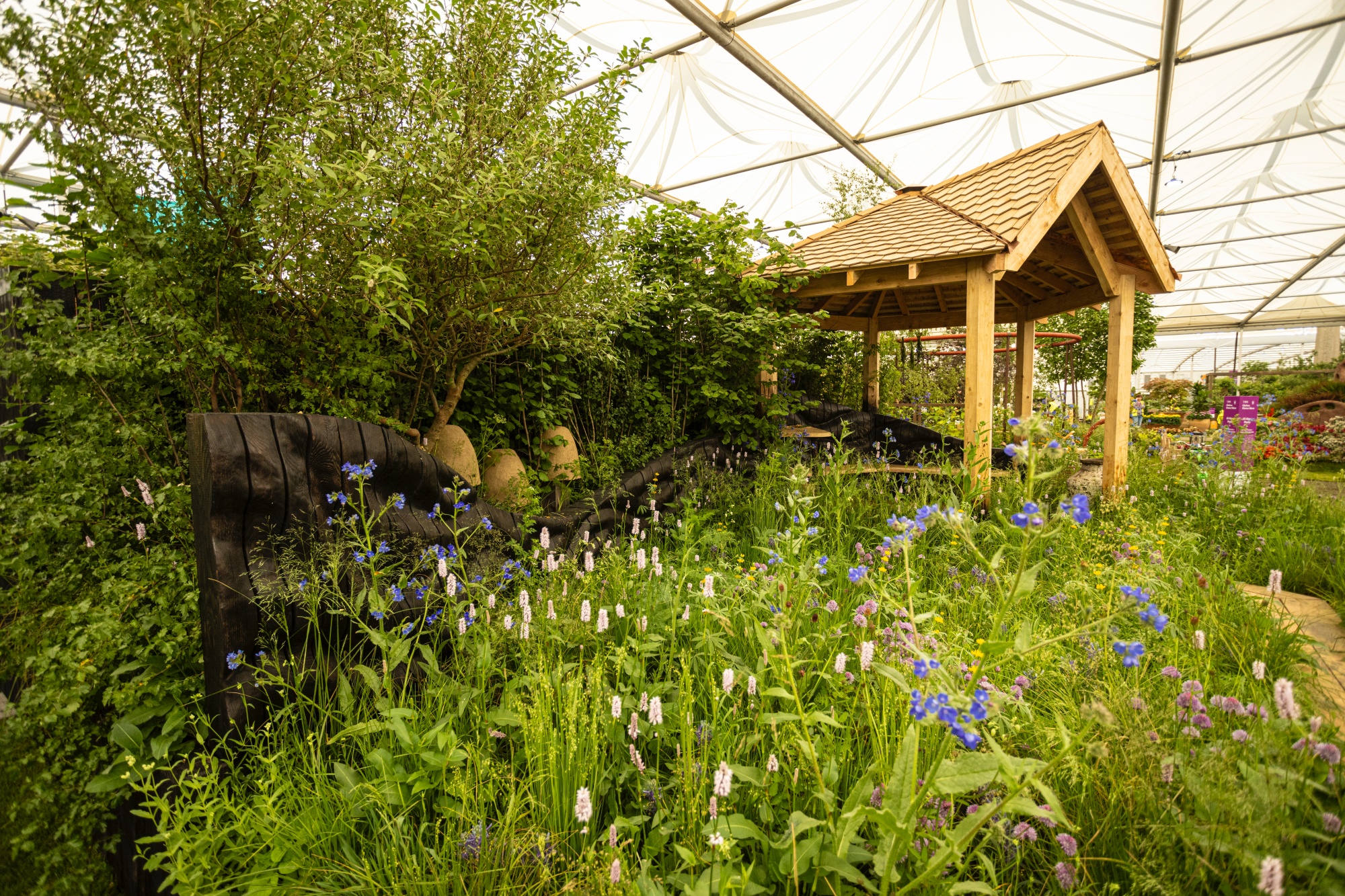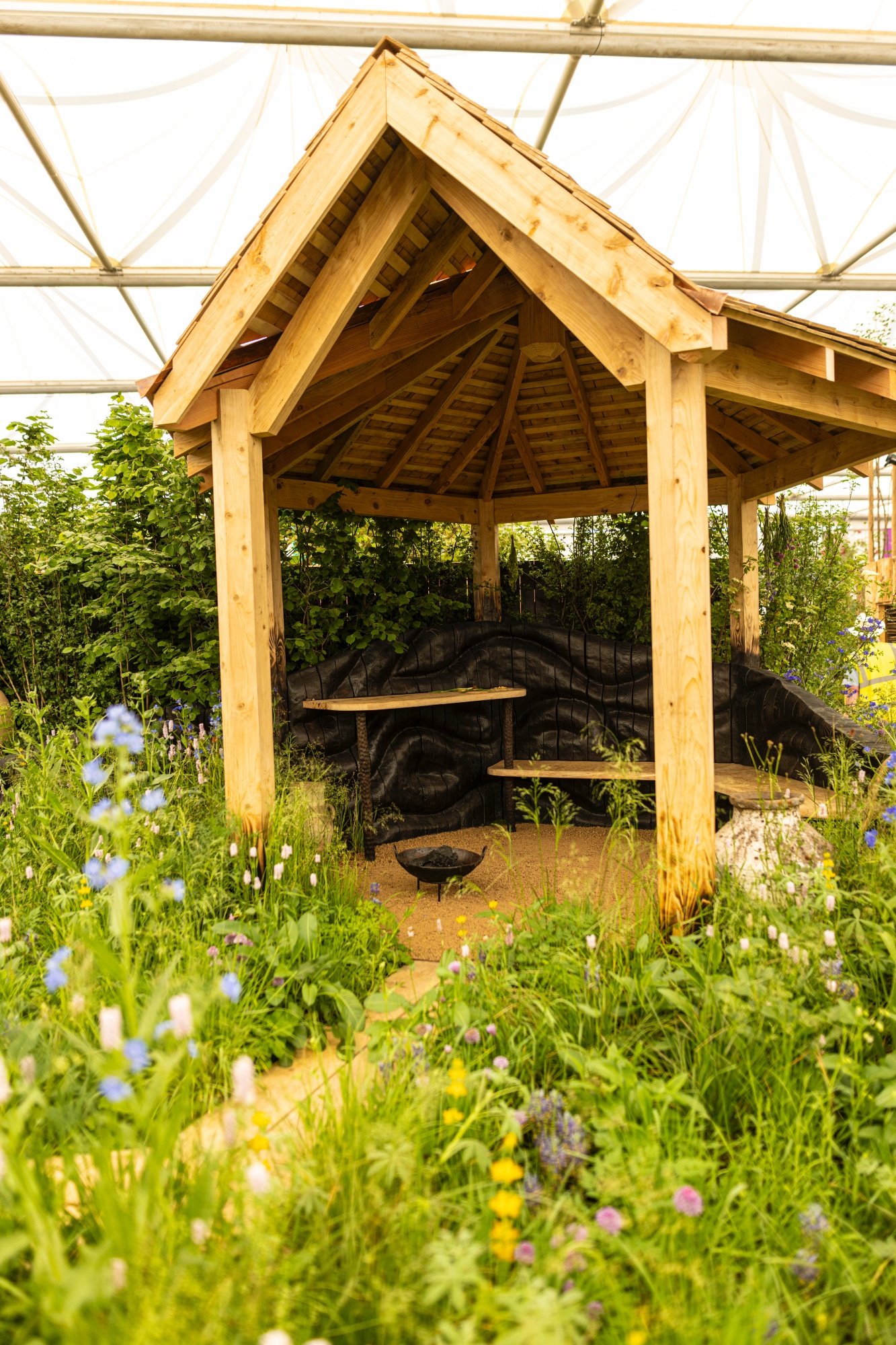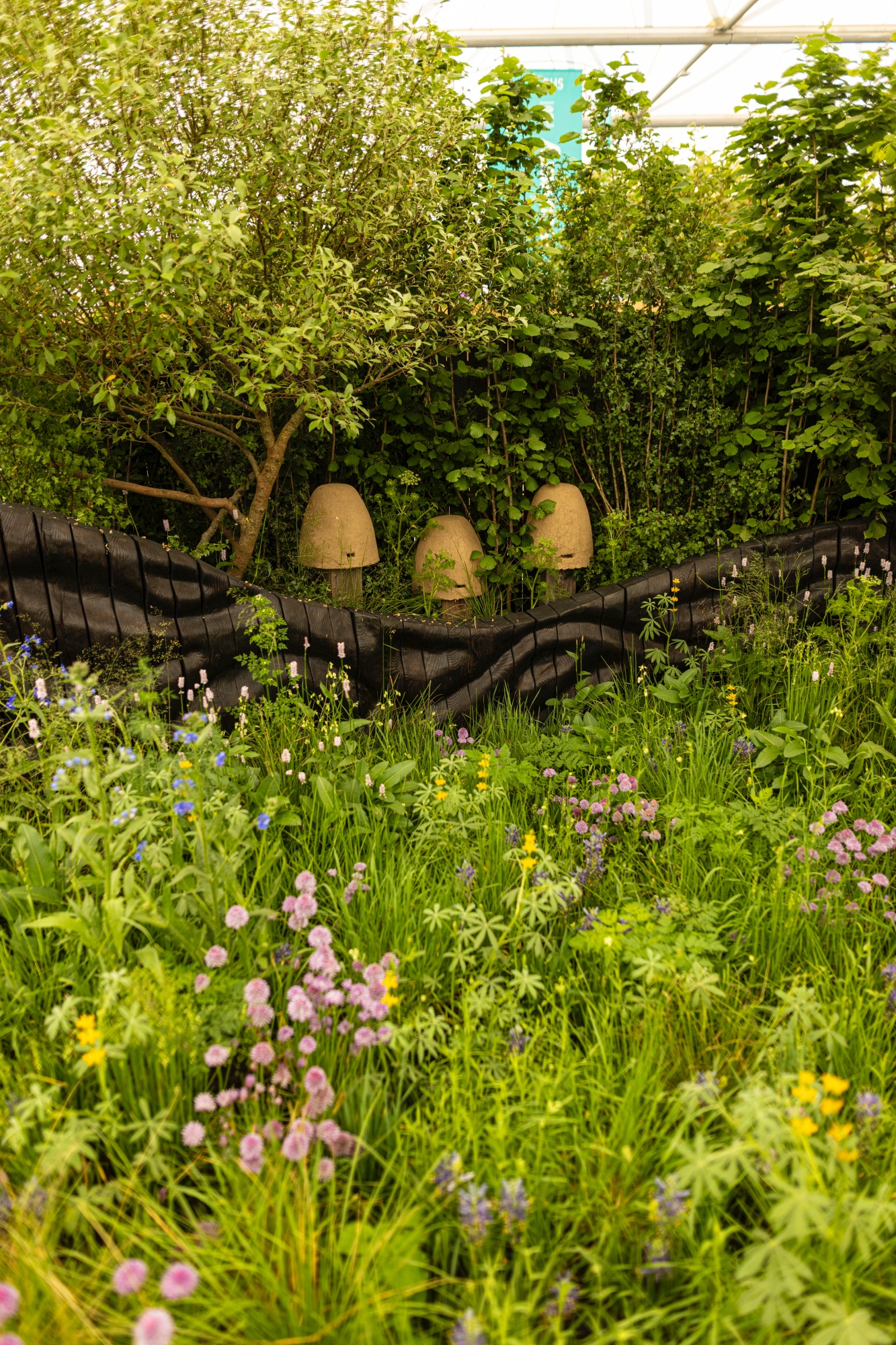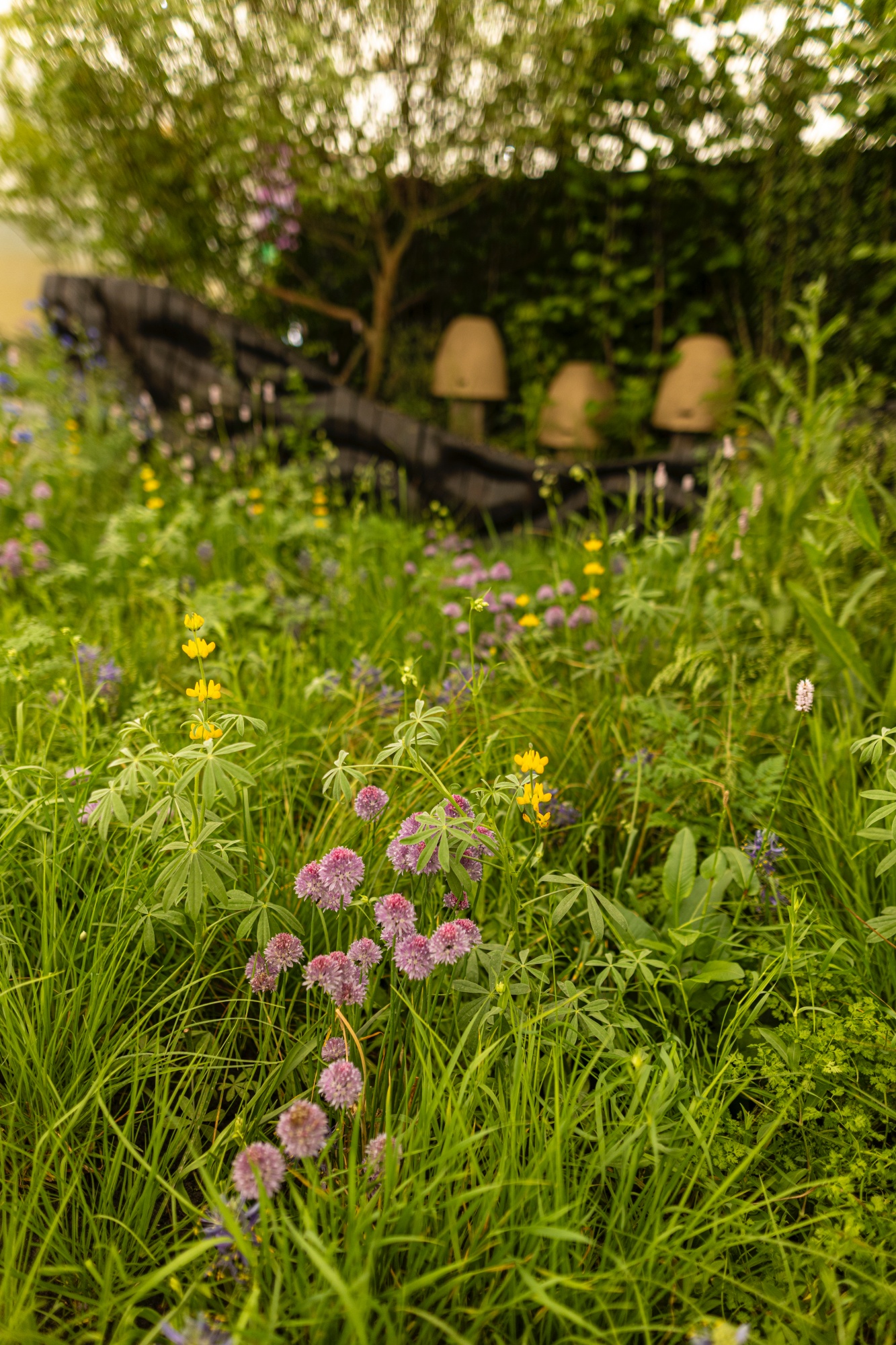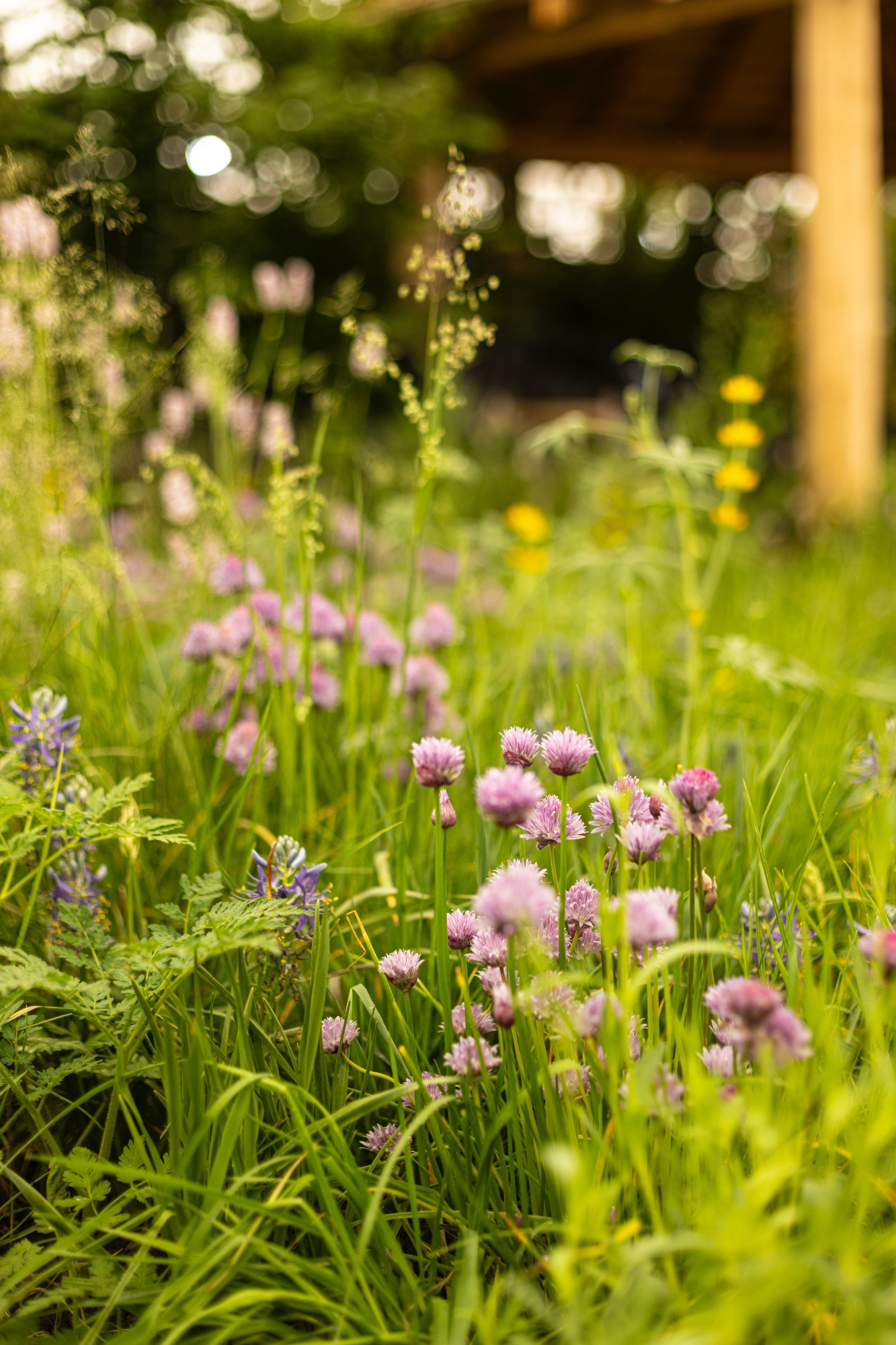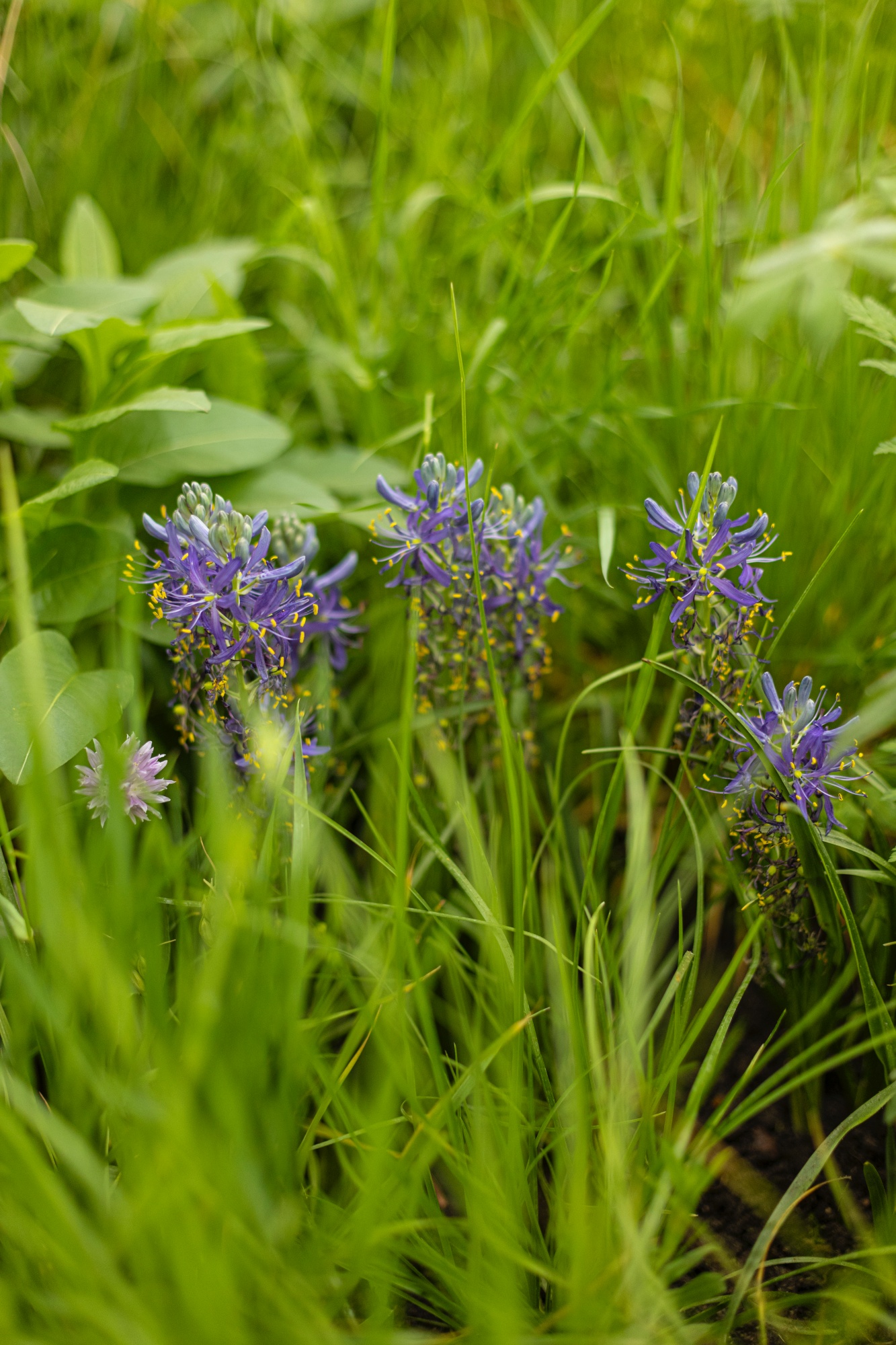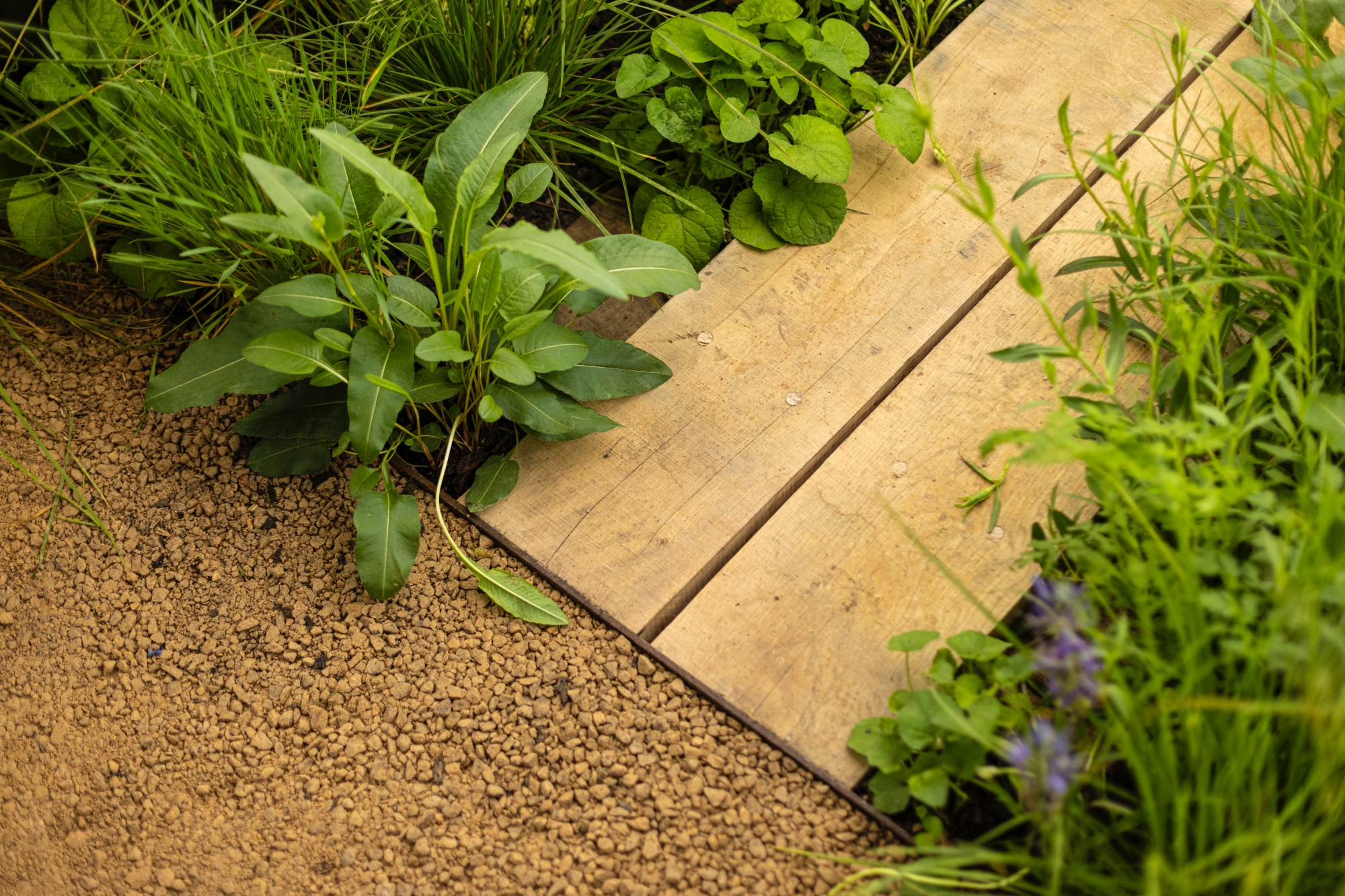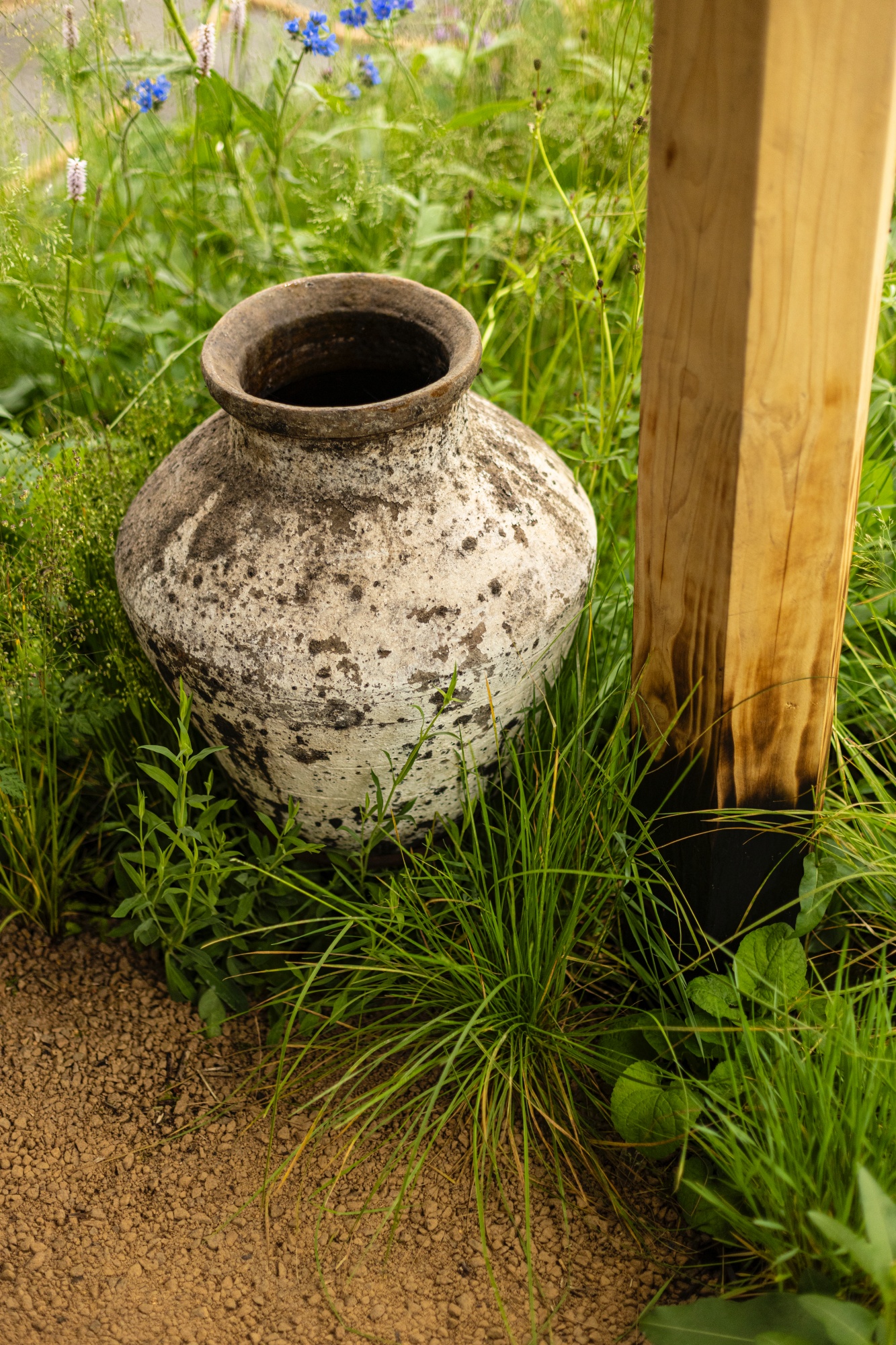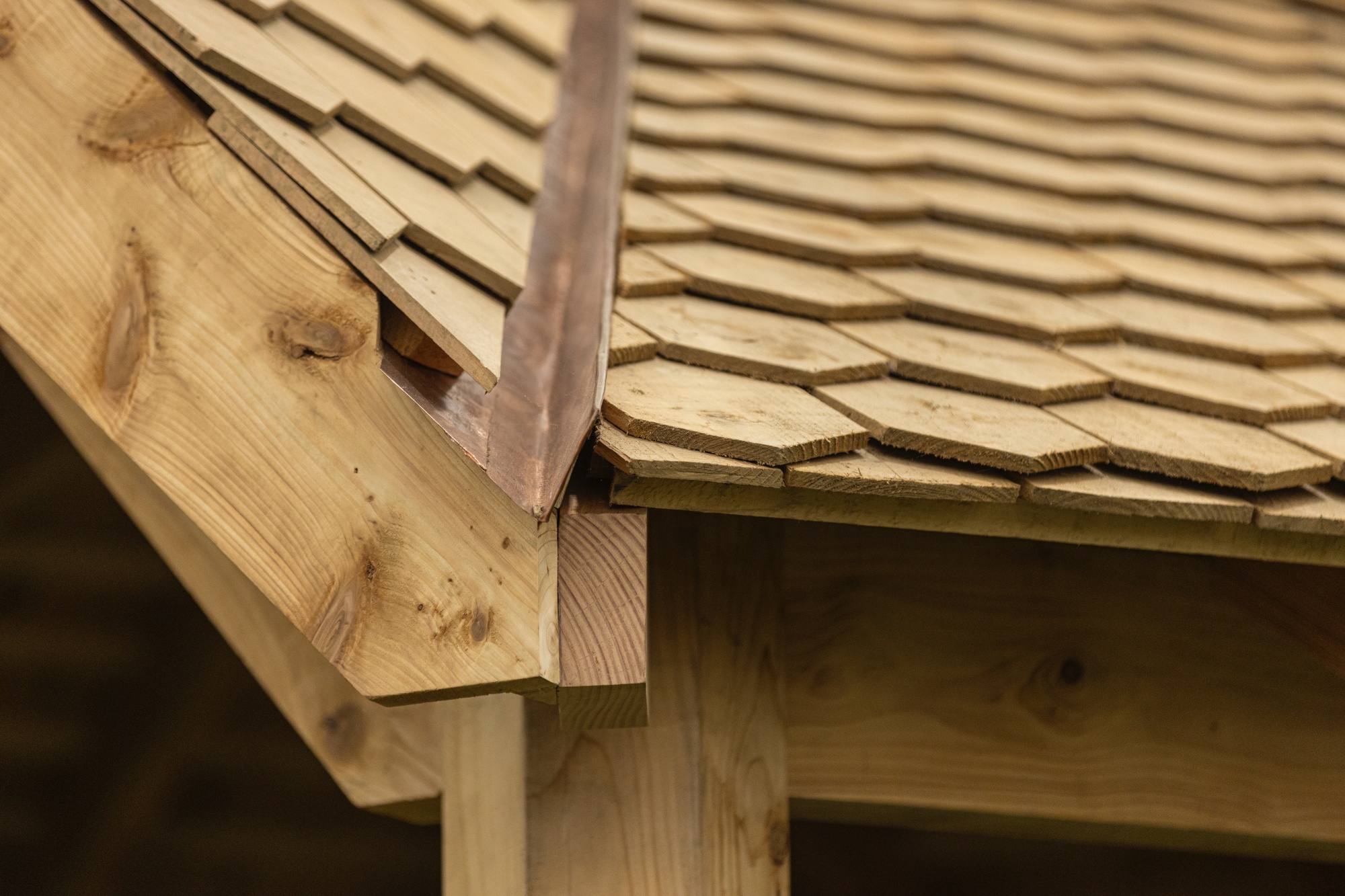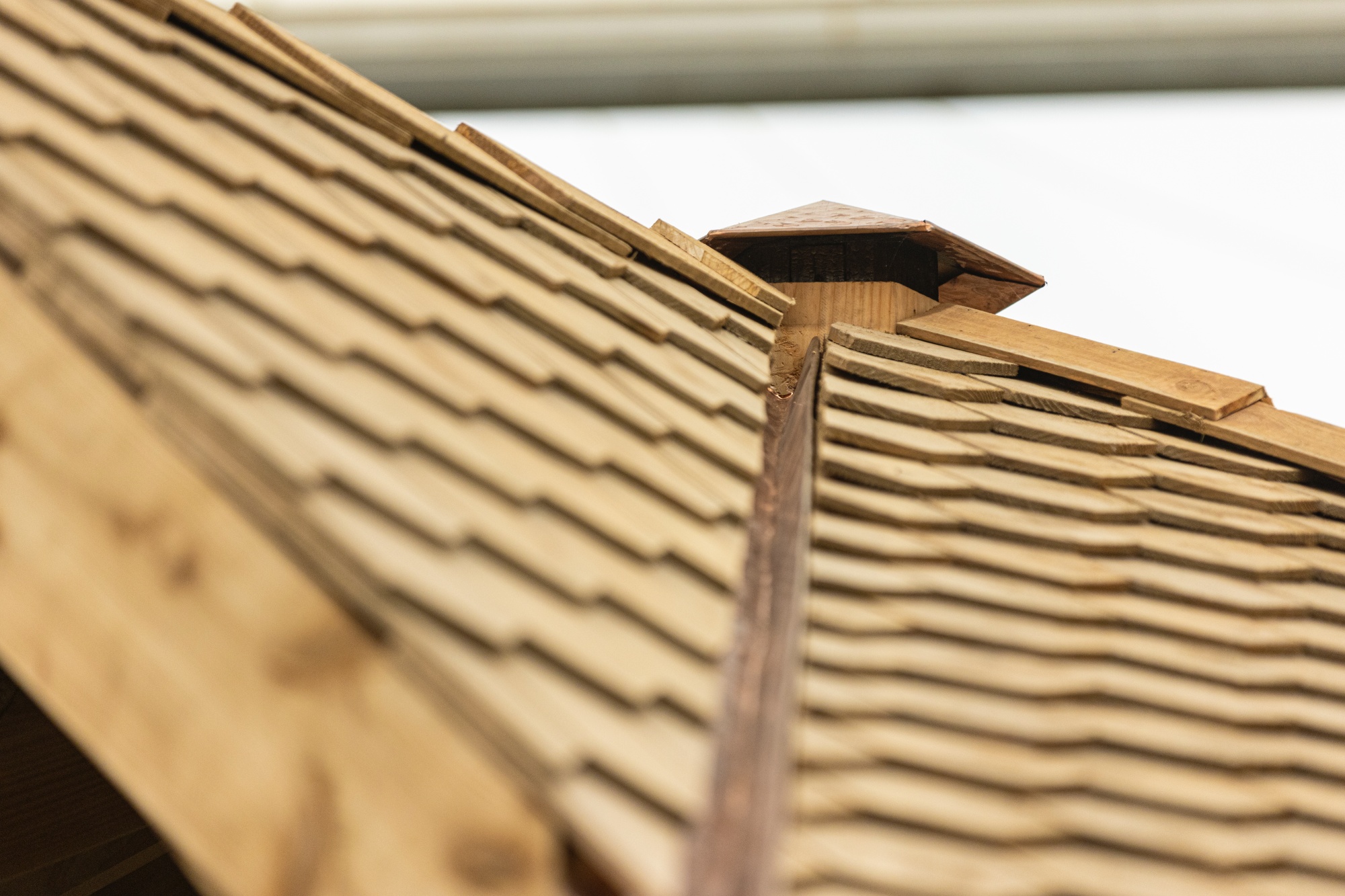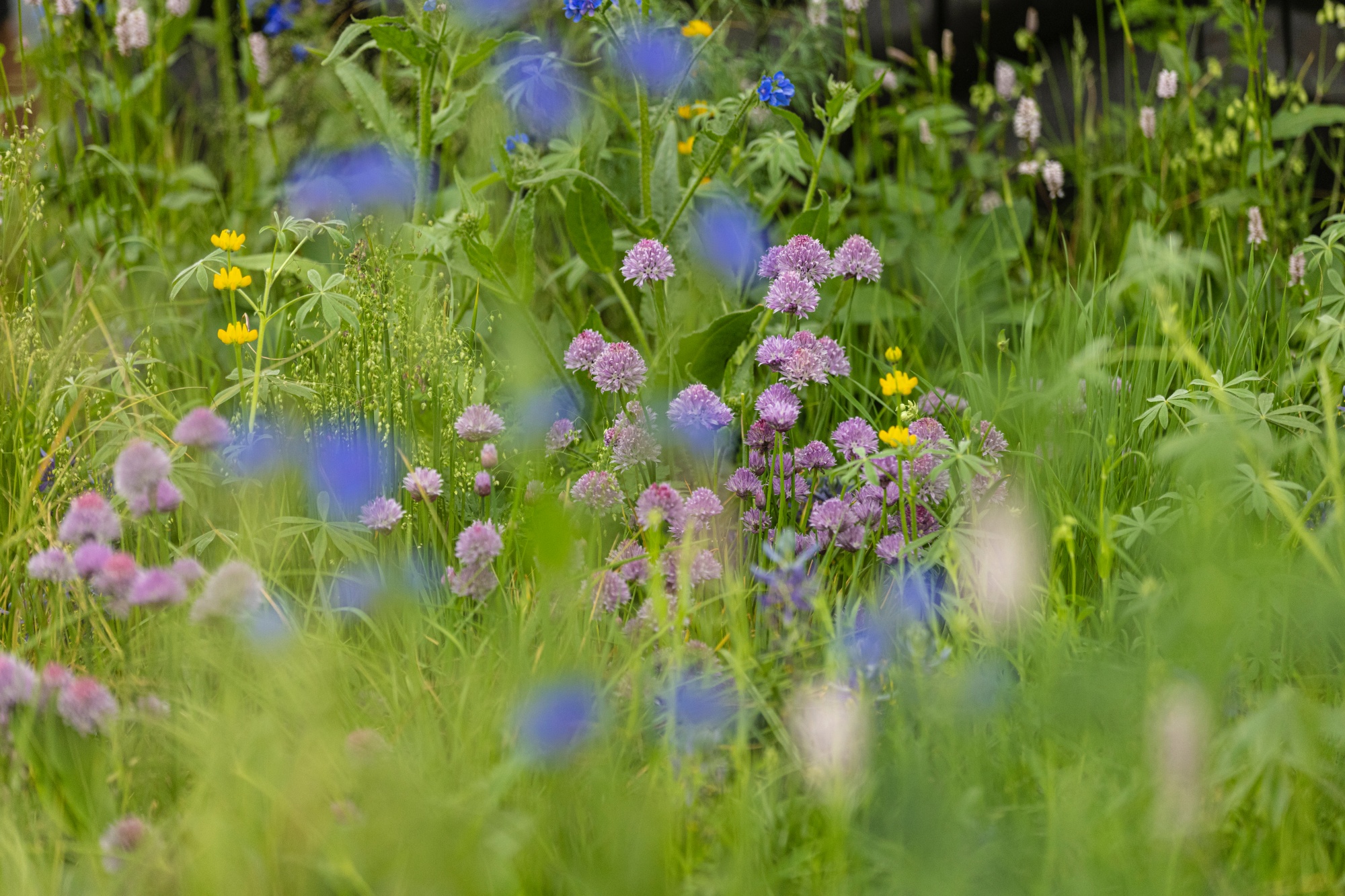This garden was created as a collaboration with Chris’ good friend and ecological garden designer, Sid Hill.The Bowel Research UK Microbiome Garden draws inspiration from medical and botanical research, exploring the fascinating connection between a healthy landscape, a healthy gut, and a healthy mind. It aims to inspire people to rewild their diets, gardens and their relationship with the land.
The garden, which was in the ‘All About Plants’ category, was sponsored by Project Giving Back, the unique grant-giving charity that funds gardens for good causes at the RHS Chelsea Flower Show. The garden was also kindly supported by Symprove.
The Bowel Research UK Microbiome Garden includes an edible meadow focuses on the connection between the ecological health of a landscape and soil and the health of our own gut flora. Informed by ancient cultures that have tended and harvested the landscape around them, Sid and Chris have designed a beautiful and diverse edible meadow from the environment around them that harnesses edible plants to improve both physical and mental health, using the gut microbiome as a catalyst.
The planting scheme takes inspiration from wild meadows, with a mix of ornamental grasses and edible perennials, offering a harvest for both people and wildlife. This pioneering ‘edible meadow’ combines a selection of feature plants including Persicaria bistorta, Camassia and Lupin luteus, to create a rich tapestry of yellows, blues and pinks. Although this trio of beautiful plants are commonly grown in gardens across the UK, few people know that they are great food crops too and they could offer a myriad of gut health benefits.
The garden was built by Chris & Sid alongside a bespoke hand picked team, led by Paul of Atlantes Landscapes who was the main contractor for the build.
The two main built features of the garden were ‘The Hive’ shelter and the bowel sculpture that wrapped around the garden. These were hand crafted by Chris, Sid and the team. All of the timber in the garden was grown and milled in Devon, apart from the bowel sculpture, which was European Oak, donated by Bradfords building supplies.
The garden has now been relocated to The Apricot Centre in Dartington, where it has become part of a therapy garden, set within a Biodynamic, sustainable farm.
